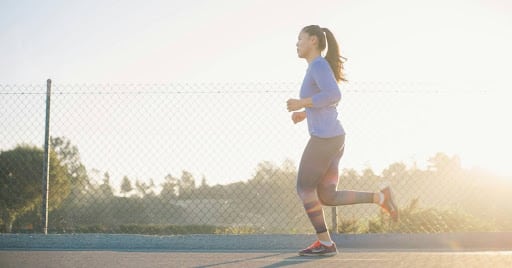Dietary advice changes so frequently it can be difficult to know when you’re making the best choices. One minute, eggs are in as a healthy source of protein. Next, eggs are out because they are thought to increase the likelihood of heart disease. What’s the bottom line? Read on for helpful advice
How much protein do you really need?
Every body needs protein for overall health. Protein is concerned with a range of important functions from building muscle to supporting connective tissue, healthy hair and blood. But how much is enough? Needs vary based on factors such as weight, age and activity level. Harvard Health offers the following formula to determine your baseline needs – multiply your body weight by 0.36. Using this formula at 150 pounds looks like this 150 x 0.36 = 54. Assuming you are an adult without a regular exercise practice 54 grams of protein is likely enough.
How much protein is in eggs?
One egg has about 6 grams of protein. Weigh the benefits of that amount against the 187 mg of cholesterol eggs contain. Health professionals recommend just 300 mg for total daily intake. That number drops to 200 if you are at risk for heart disease.
What’s the big deal about protein?
We’ve all heard about the important role protein plays in muscle building and bulking. Most recently the talk has been about how beneficial protein is for healthy weight management. Though these claims are ubiquitous the research is unclear. Protein may not be your ticket to weight loss after all.
Protein in your diet
It probably isn’t harmful if taking in extra protein works for your body. You’ll need to monitor your intake and adjust elsewhere though. Try to balance out calories and cholesterol with other food choices. Also, bear in mind that eggs are not the only source of protein. For example, you can get 8 grams of protein from a half-cup of cooked beans. Quinoa, broccoli and potatoes also contain a fair amount of protein – the bonus, no cholesterol.
The bottom line
It’s a good idea to determine your baseline needs for protein and adjust based on your activity level and age. Generally, older people and high-intensity athletes need more protein. Eggs are only one way to get the protein you need. Aim for some variety so you get the good eggs have to offer without sending your cholesterol levels too high.


